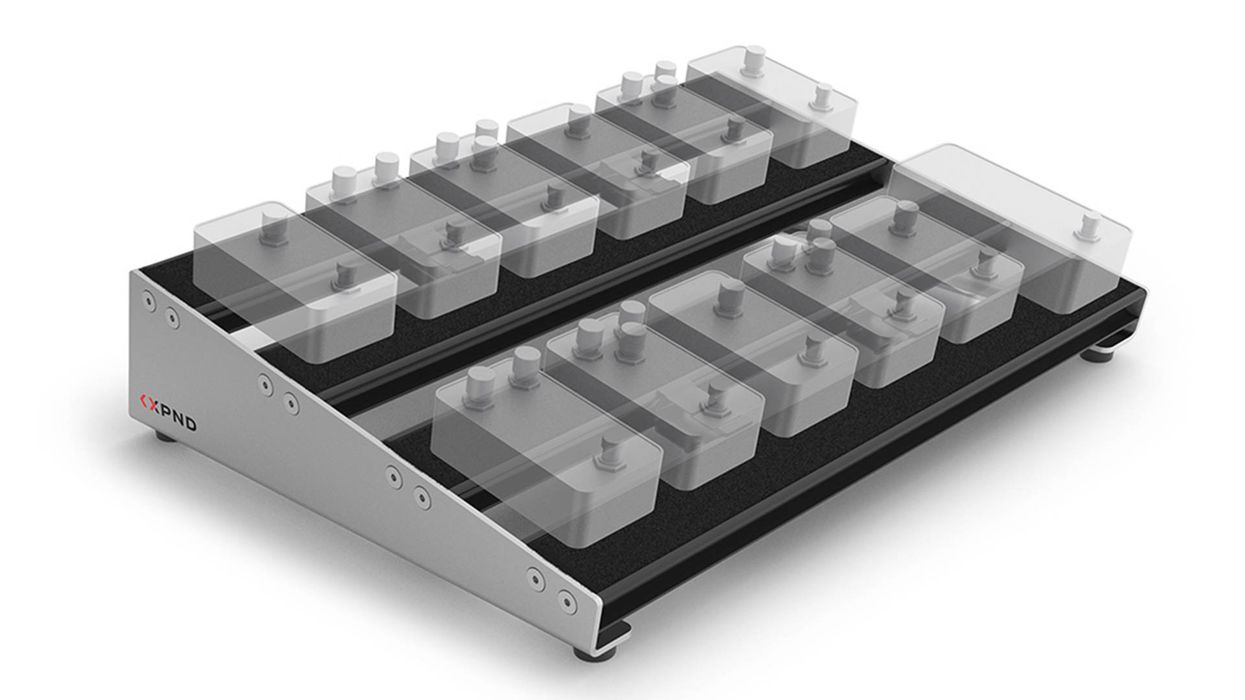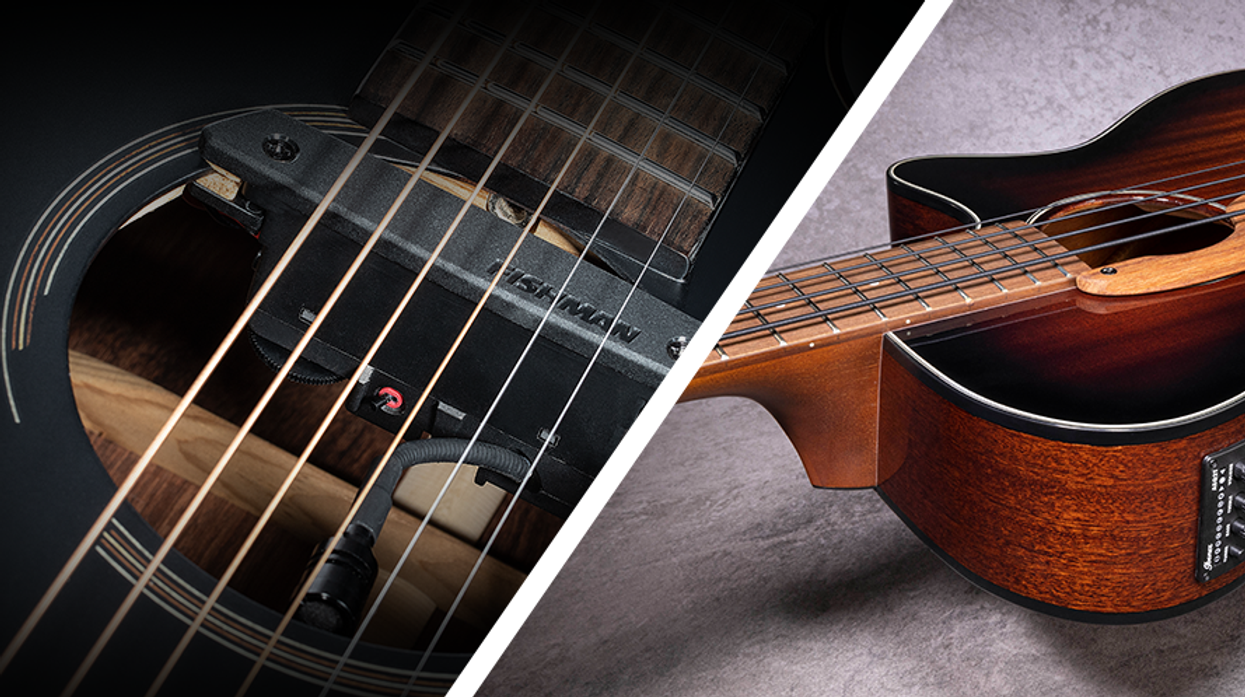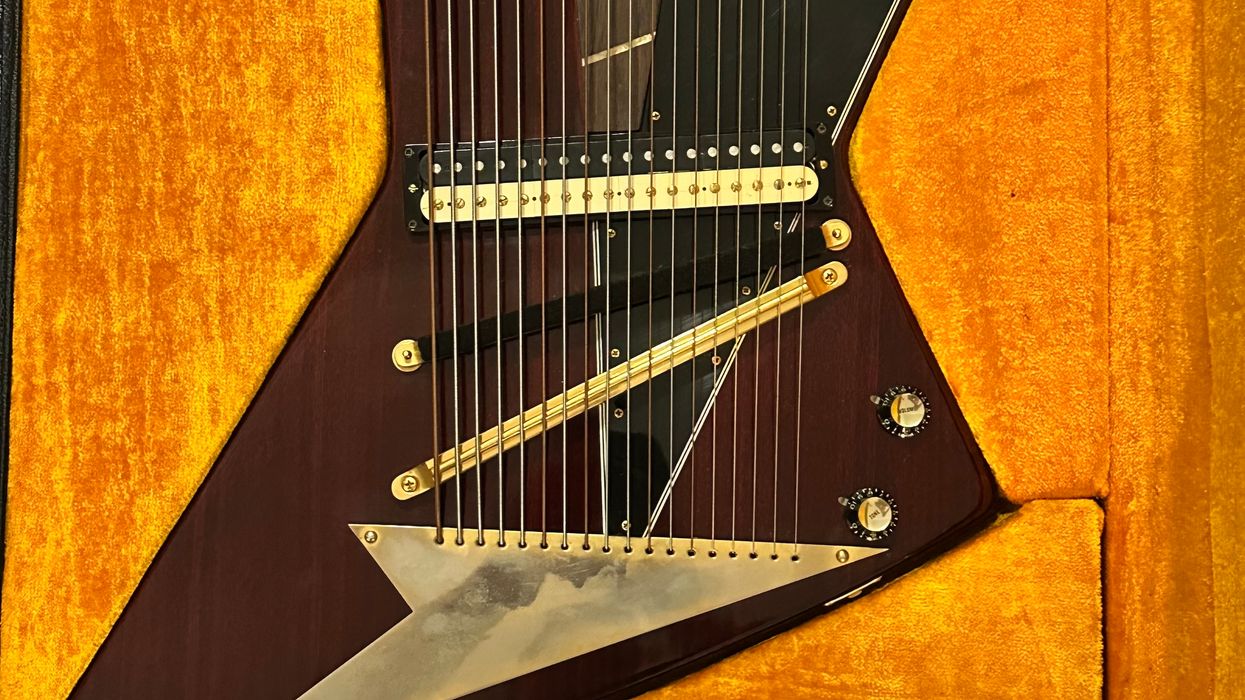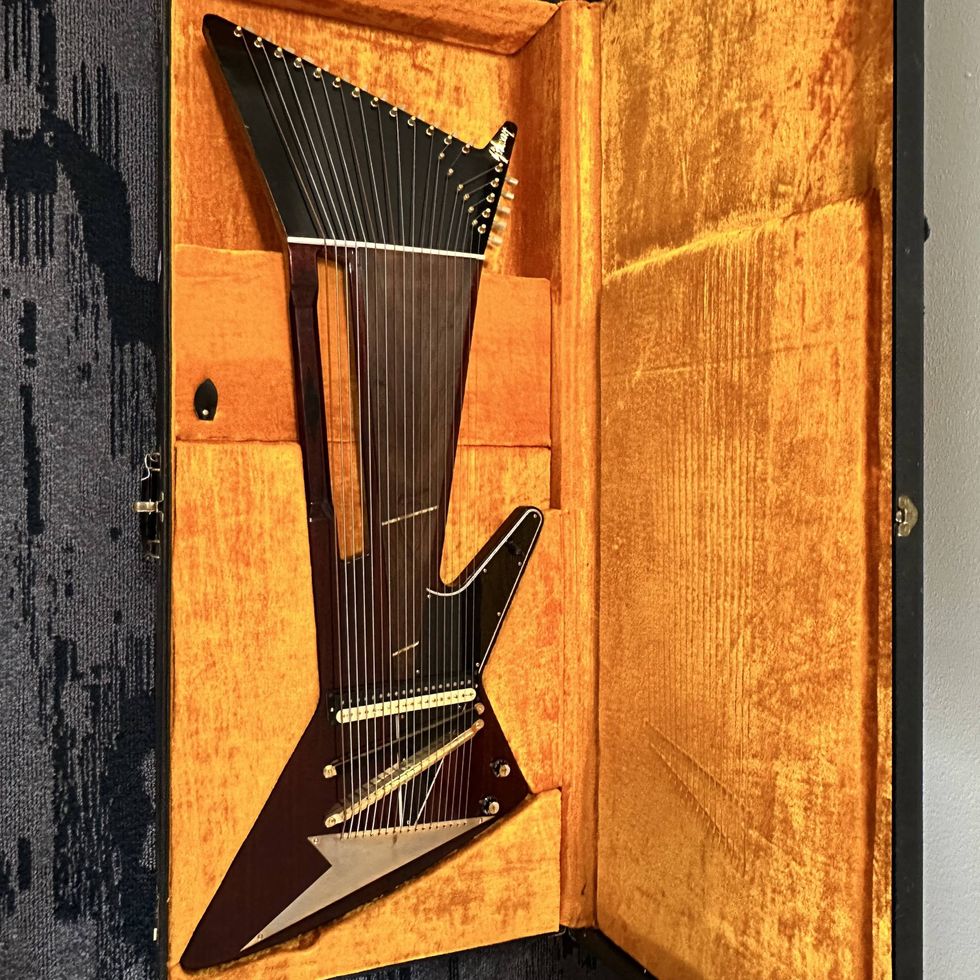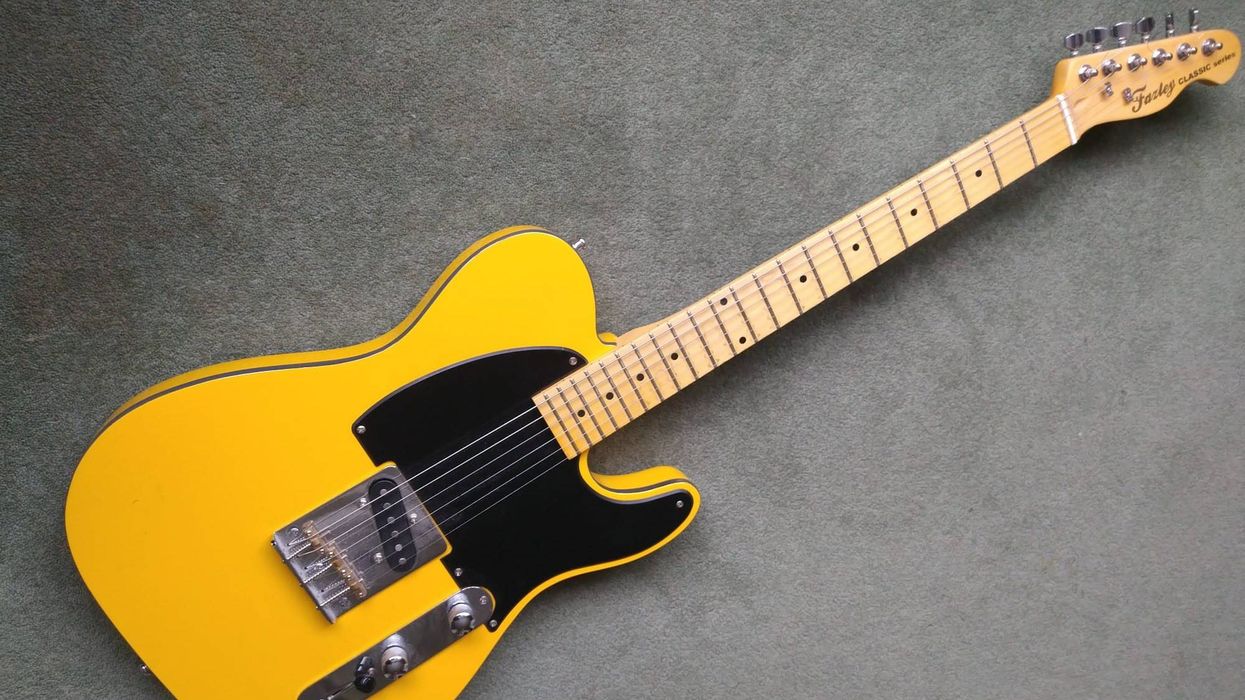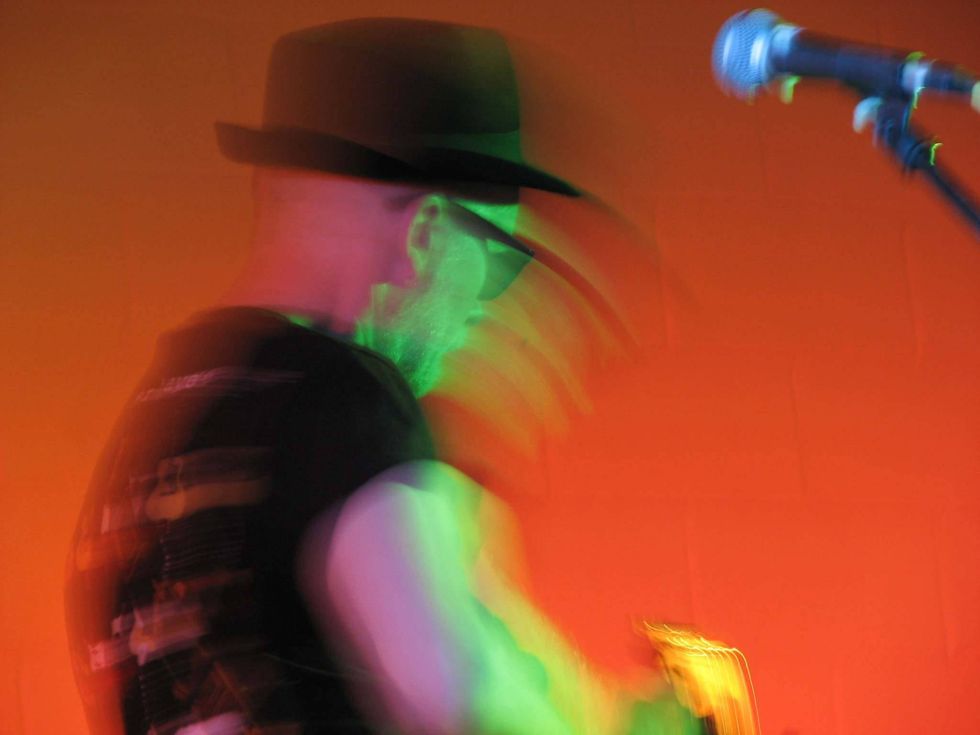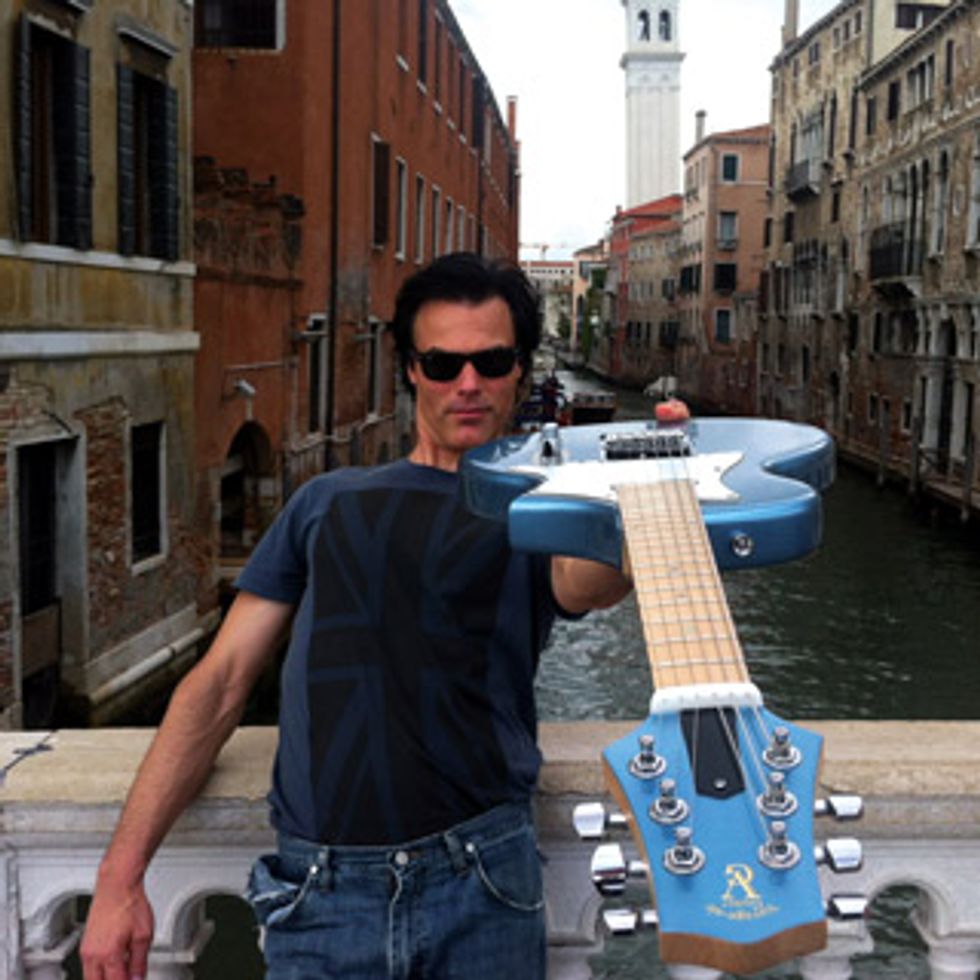
Yup! That's Venice behind me and my Voyage-Air guitar—an instrument that folds in half for travel.
My professional battle cry remains:
Have guitar, will travel.
No bar too far, no hall to small.
You buy, I'll fly.
I go to work, work rarely comes to me. That means an immense amount of travel during the course of my so-called job. In Nashville, anybody with enough money can hire Brent Mason for his or her project, but it's considerably more difficult to get Brent to travel 3,000 miles for a session.
On the other hand, I'm happy to do it. Not only that, I'll do excursion sessions for much less money than Brent because I love to travel and I'm not nearly as good of a player as he is. Everyone wins: The client gets a solid (though not legendary) Nashville guitar player, I get to see the world and make a little Dough Ray Me, and Brent gets to stay home and earn a fortune making hit records.
There's just one glitch: I hate schlepping gear by air.
With the exception of Southwest, airlines and their greedy charge-for-checked-bags policies have made life more difficult for us all. It's a shortsighted plan that encourages passengers to carry on rather than check, which makes for limited space on an already crowded plane. Also, the slower boarding process inevitably leads to fewer on-time departures. This limited space available in overhead bins makes the airline very reluctant to let you carry on a guitar. Five years ago, I could carry a guitar on a jet 90 percent of the time. Now it's 50 percent, at best. Why I hate checking gear:
• Given enough time, airlines will convert checked guitars into kindling.
• Music is a business. A business remains solvent by keeping down expenses. If I check two guitars for a session, that $25-per-bag fee per flight translates into $100 snatched from my profits.
• If my gear does not arrive before I go to work, I'm screwed.
• Even if it all goes right and my bags arrive on time and unscathed, I tend to worry about it and actually lose sleep over the whole potential mess. Of course, this leaves me stressed and brain-dead when it's time to play music.
When I do a local session, I come loaded for bear: a couple of amps, five to seven guitars, and a big old pedalboard that can get the weirdest sounds anyone might ask for. But when I fly to a session, it's a whole different mentality.
Out of necessity, I've cut my bare minimum down even further. Check it out: I've got this little T-style guitar made by Voyage- Air with a shorter neck that folds in over the body. I was very skeptical of the design, thinking that it would sound like a toy and play like a Stella flattop circa 1962. Surprisingly, it sounds very Fender-y and feels like a fat-necked old friend. Best of all, in its tiny case I can cram some socks, underwear, toothbrush, and clean shirt, and still fit the guitar, cables, picks, capos, slides, strings, my computer (the case has a padded slot made for laptops), and my essential pedals (tuner, compressor, overdrive, tremolo, phaser, and delay).
Trimming down my pedals has not been a bad thing. We pretty much record exclusively in the digital realm these days, so a good engineer in a well-equipped studio will have a plug-in for any pedal sounds I may want. These usually sound better than the gear I have anyway.
Because I'm carrying loose pedals sans board, I only plug in what I need for a given song—and sometimes that's just a tuner. I let the engineer add delay and other effects on his end. This gets a truer guitar-and-amp sound and gives the engineer the luxury of adding or subtracting any ear candy like reverb, Leslie, filters, tremolo, and wah.
In addition to this Voyage-Air, I bring my old PRS in a case and try to carry it on. The PRS gets me that great humbucker tone, as well as a convincing enough Strat-like sound. It also has a whammy bar that can do everything from sweet, Chris Isaak-inspired “Wicked Game" shimmers to full-on Hendrix dives.
The airline will often stop me while boarding and force me to gate check it, but at least that's somewhat safer—the instrument is less likely to get lost—and completely free of charge. I used to carry my PRS in a gig bag, but after being forced to check it once with nothing but a little leather and some padding to protect that sweet set neck, I now leave it in its factory case.
For amps, I'm at the mercy of luck and the kindness of strangers. Most studios have guitar amps they don't mind sharing. When I know where I'll be recording, I call the studio, tell them my plight and ask if there's something I can plug into. Ben Franklin said if you want somebody to bond with you, ask that person to do you a small favor. Franklin's theory was that the person will do the favor because it's easy, there's no reason not to, and in doing so, they will feel a connection to you—they'll want things to go well for you. The helper assumes that he or she must like you because they are helping you, and they wouldn't have helped you if they didn't like you.
I'm not sure if that's true or not, but I've found a quick ice-breaking phone call to a studio makes for a more pleasant recording experience and can even create some new friends. My last fly-to session had a Dr. Z , a Marshall, and a Vox free for the using. I chose the Z without even test-driving the others. It worked great, didn't cost a dime, and I didn't have to schlep anything heavy.
The up side of going to a session with just two guitars and six pedals is that I spend less time trying different sounds and just go with what's handy. More playin', less tweakin'. I love my gear, but sometimes it's freeing to leave most of it at home and not get caught up in the trappings of our own consumerism and never-ending tone quest.
John Bohlinger is a Nashville multi-instrumentalist best know for his work in television, having lead the band for all six season of NBC's hit program Nashville Star, the 2011, 2010 and 2009 CMT Music Awards, as well as many specials for GAC, PBS, CMT, USA and HDTV.
John's music compositions and playing can be heard in several major label albums, motion pictures, over one hundred television spots and Muzak... (yes, Muzak does play some cool stuff.) Visit him at youtube.com/user/johnbohlinger



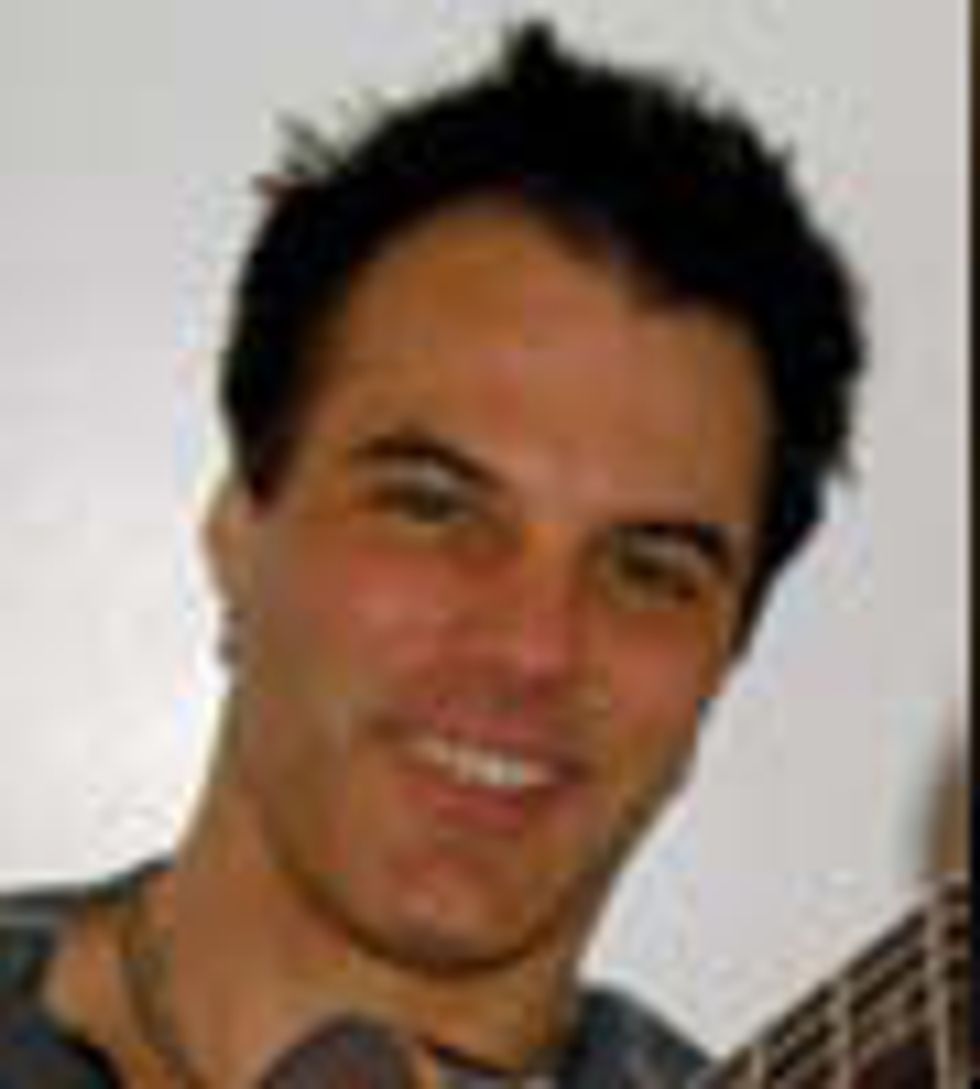


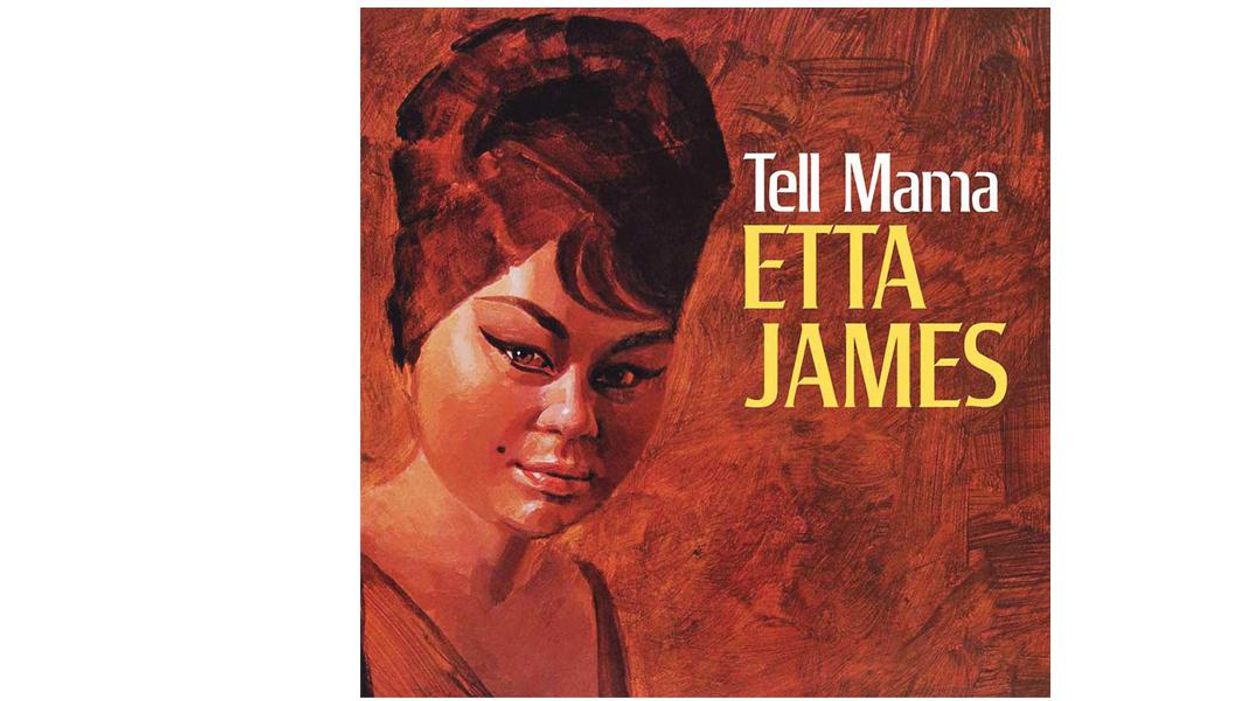
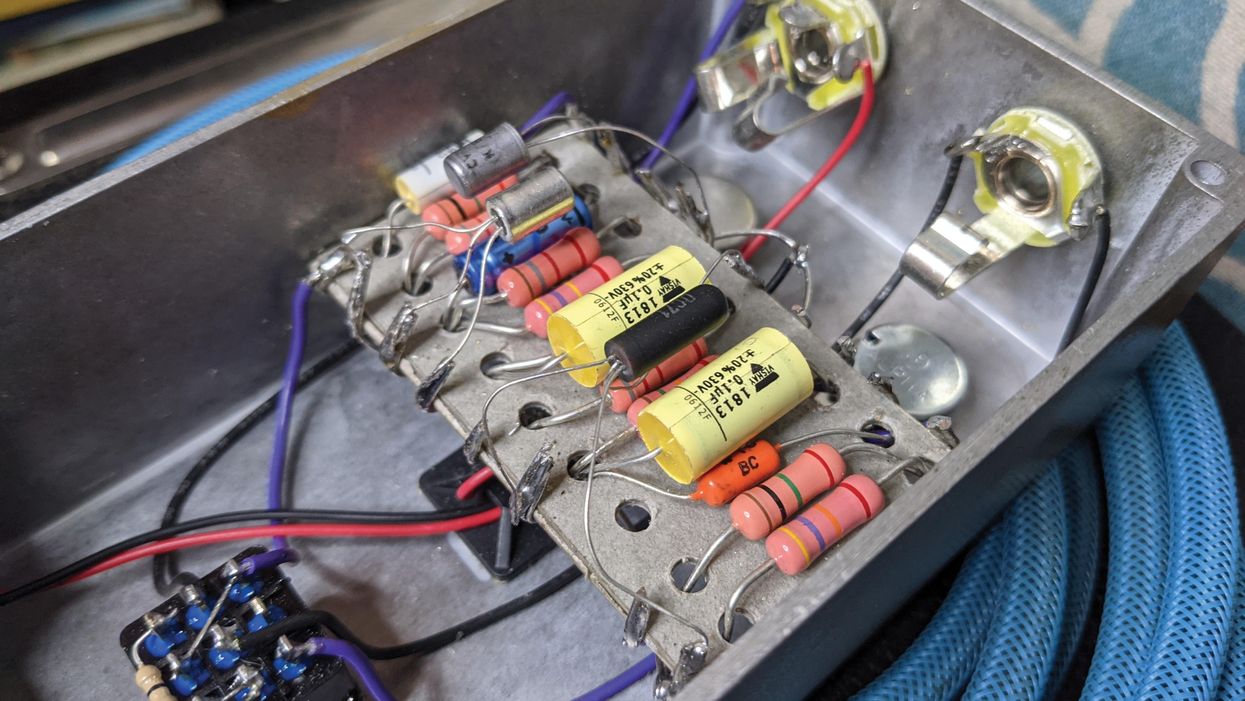


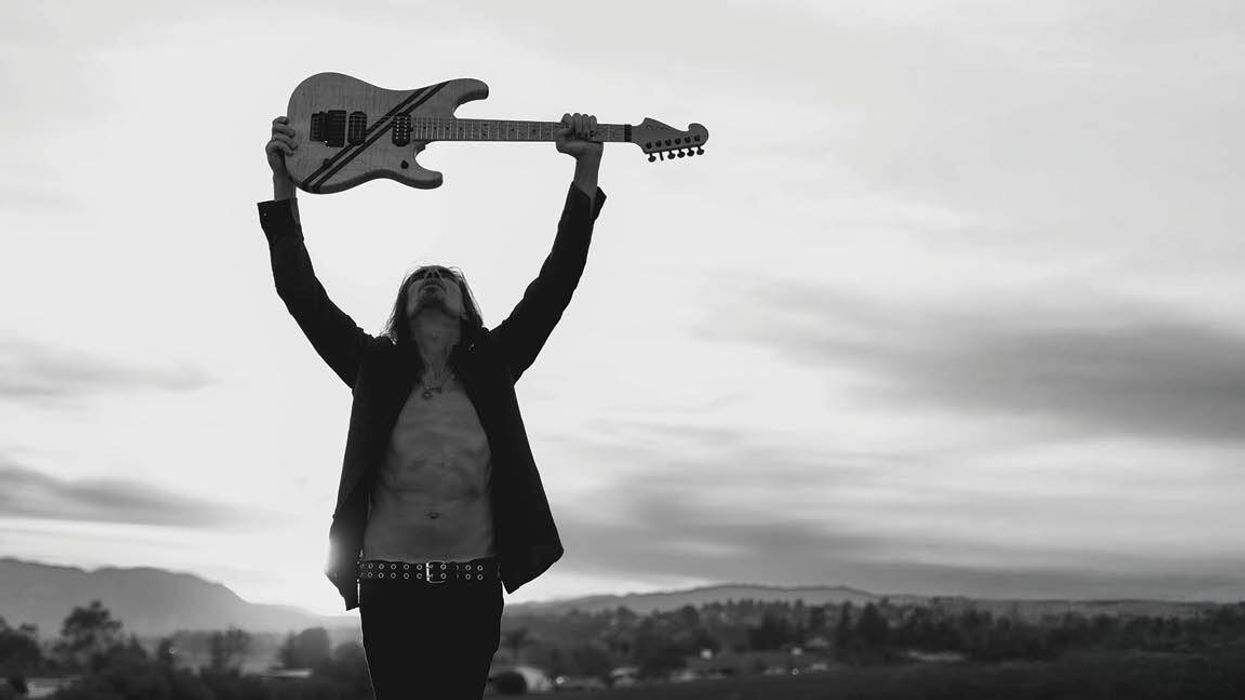
![Rig Rundown: Russian Circles’ Mike Sullivan [2025]](https://www.premierguitar.com/media-library/youtube.jpg?id=62303631&width=1245&height=700&quality=70&coordinates=0%2C0%2C0%2C0)
